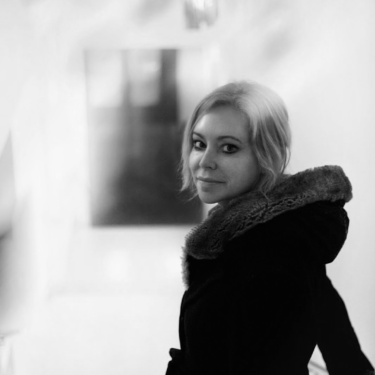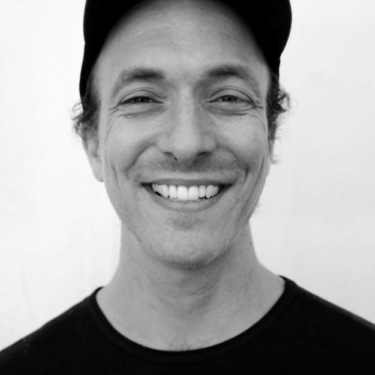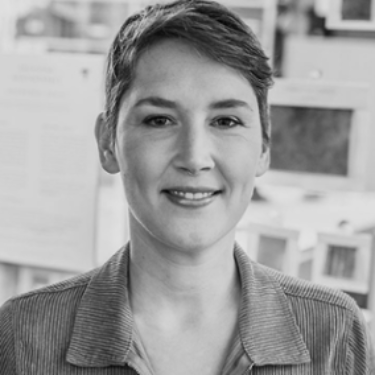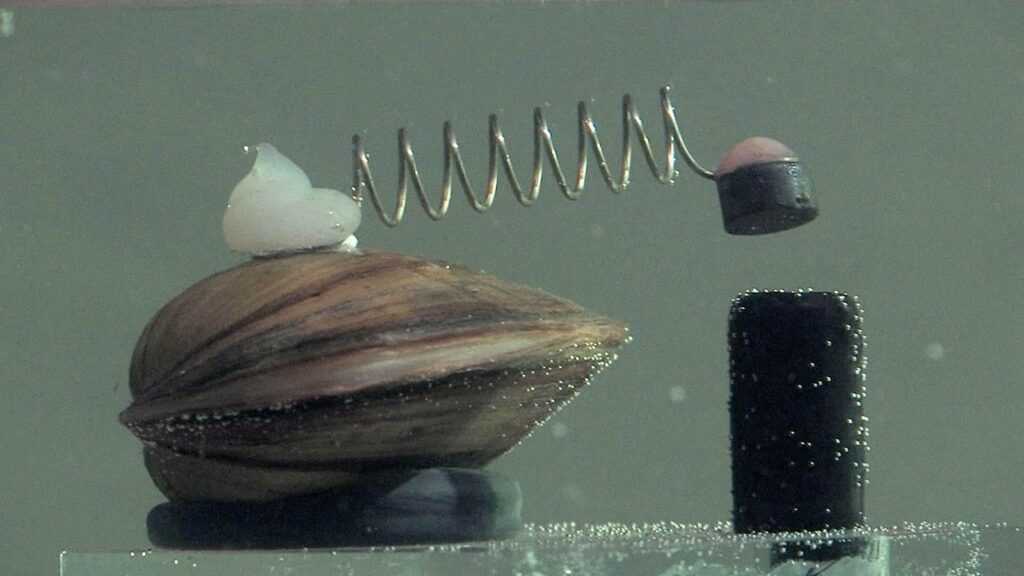Date & Time
Wednesday, June 30 | 16:30 – 18:00 CEST, 10:30 – 12:00 EDT, 00:30 – 02:00 AEST
Check your timezone here
Description
In this roundtable we will speak with designers, architects and critical makers working at the intersections of computation, biology and architecture. Their provocative work probes the boundaries of media architecture and urban interaction, and exemplifies a more-than-human-approach to urban media art and design, where living organisms are conversation partners and building blocks to create buildings and cities with less energy and waste.
Three speakers will share some of their thought-provoking work to help us re-imagine more-than-human mediated spaces.
Rachel Armstrong introduces us to a transdisciplinary practice she calls monstering: a speculative toolset that increases our capacity to respond to an ever-changing reality and finding better ways to communicate and acknowledge the contributions of non-human agents to our reality. Monstering can help us bring designed change to functionality through re-empowerment, re-connection and re-enchantment with an ecologically stressed world.
Peter McCoy speaks on behalf of the fungi, the most overlooked and misrepresented organisms in the web of life. Peter has over 17 years developing methods for accessible and community-based mushroom cultivation and the social practice of mycoremediation. Fungi are the overlooked waste collectors in our environment, and by acting together, communities can design fungi-fuelled systems to decontaminate damaged environments.
After their talks, we will continue the conversation exploring the questions such as: If microorganisms could speak, what would they tell us about the city? And, if we rediscovered our ability to listen, how would we see our relationships to the built and natural environment anew?
To participate in the conversation and Q&A, please join the zoom call instead of the livestream.
Organizers
AUAS Learning Community Critical Making & Research Through Design
More information & Contact
Loes Bogers | l.bogers@hva.nl

Rachel Armstrong
Rachel Armstrong’s work draws together fields of architectural design, synthetic biology and smart chemistry. By developing prototypes for “living” architecture, she proposes new standards for sustainable living that radically change the impacts of human inhabitation, so our lifestyles have a net benefit on living systems

Peter McCoy
Peter McCoy speaks on behalf of fungi, the most overlooked and misrepresented organisms in the web of life. He is a pioneer in accessible mushroom cultivation and mycoremediation, and less-explored fields of fungal evolution and communication, and the history of fungi in human cultures

Loes Bogers
Loes Bogers works as a researcher at the Visual Methodologies Collective and senior lecturer at the Amsterdam University of Applied Sciences, where she is building a learning community around critical making and research through design
